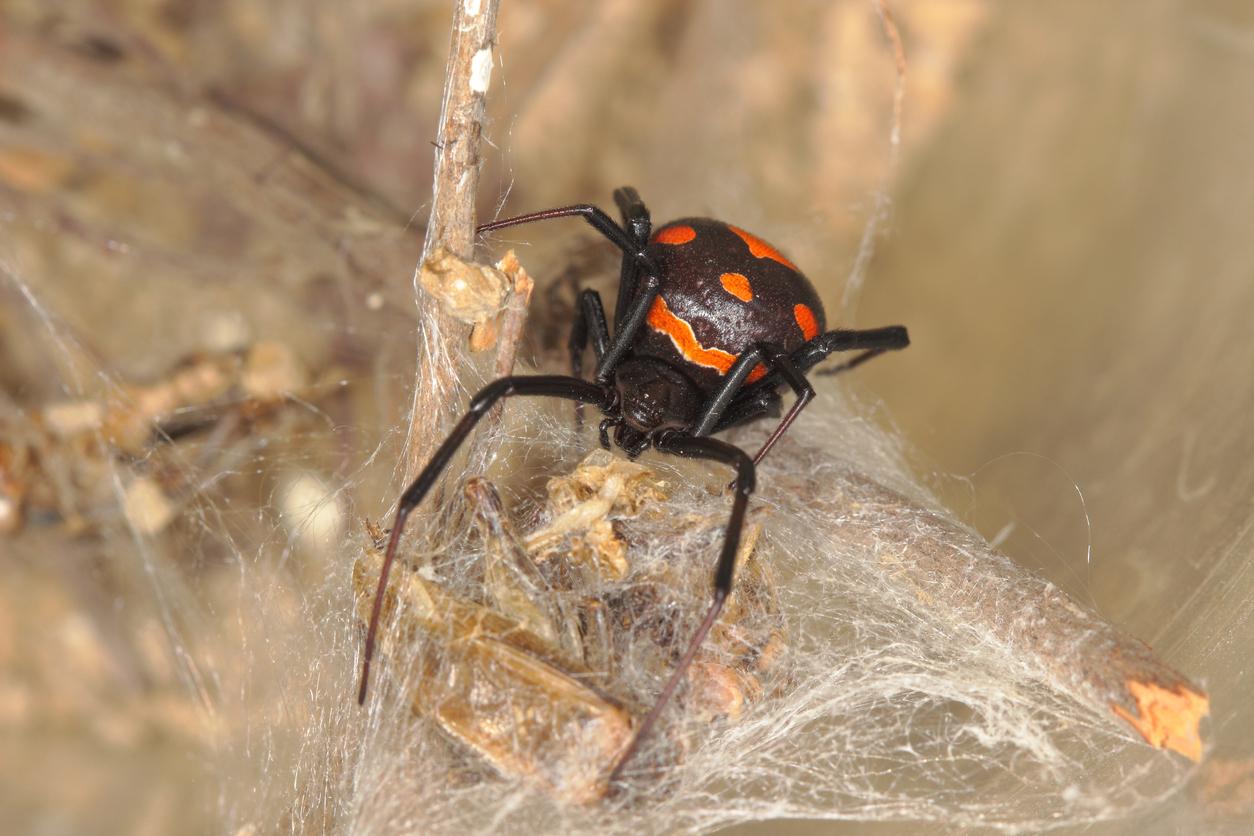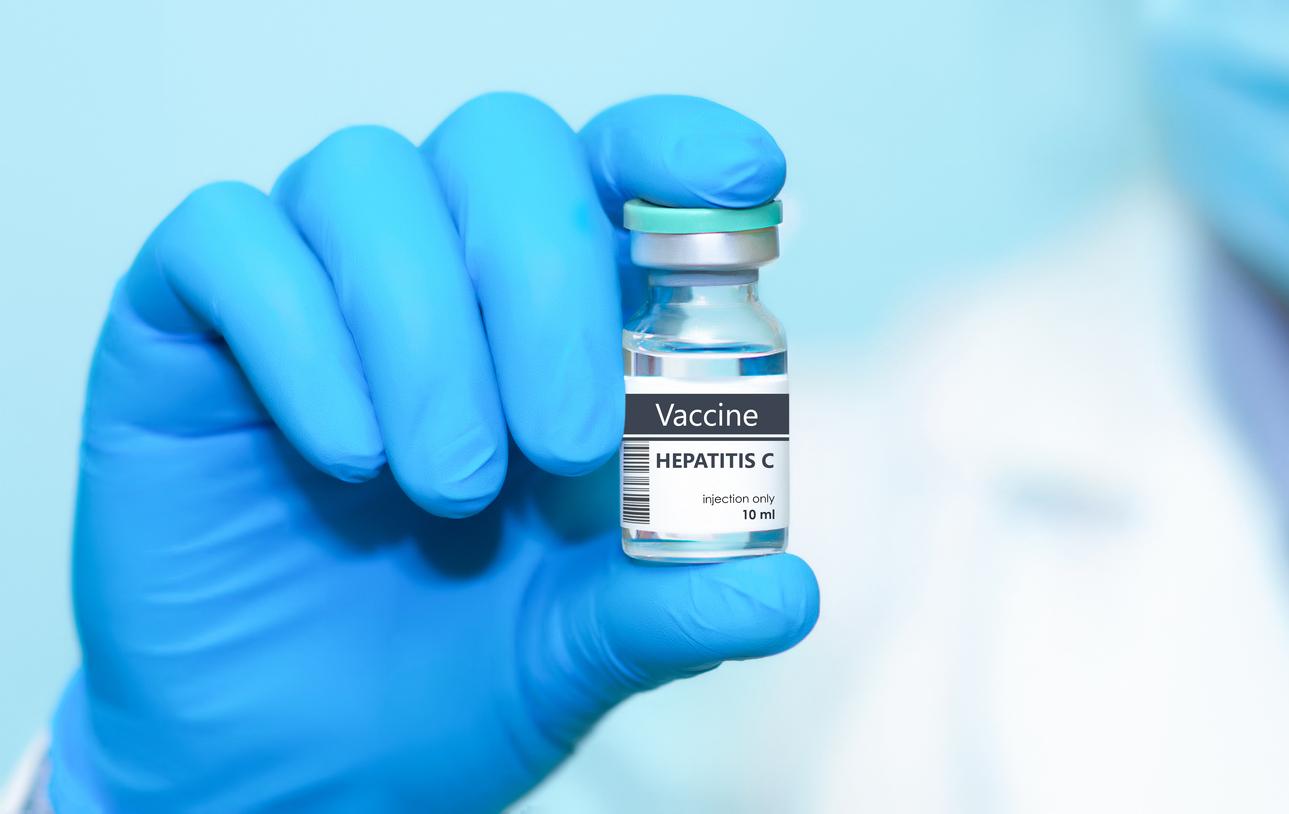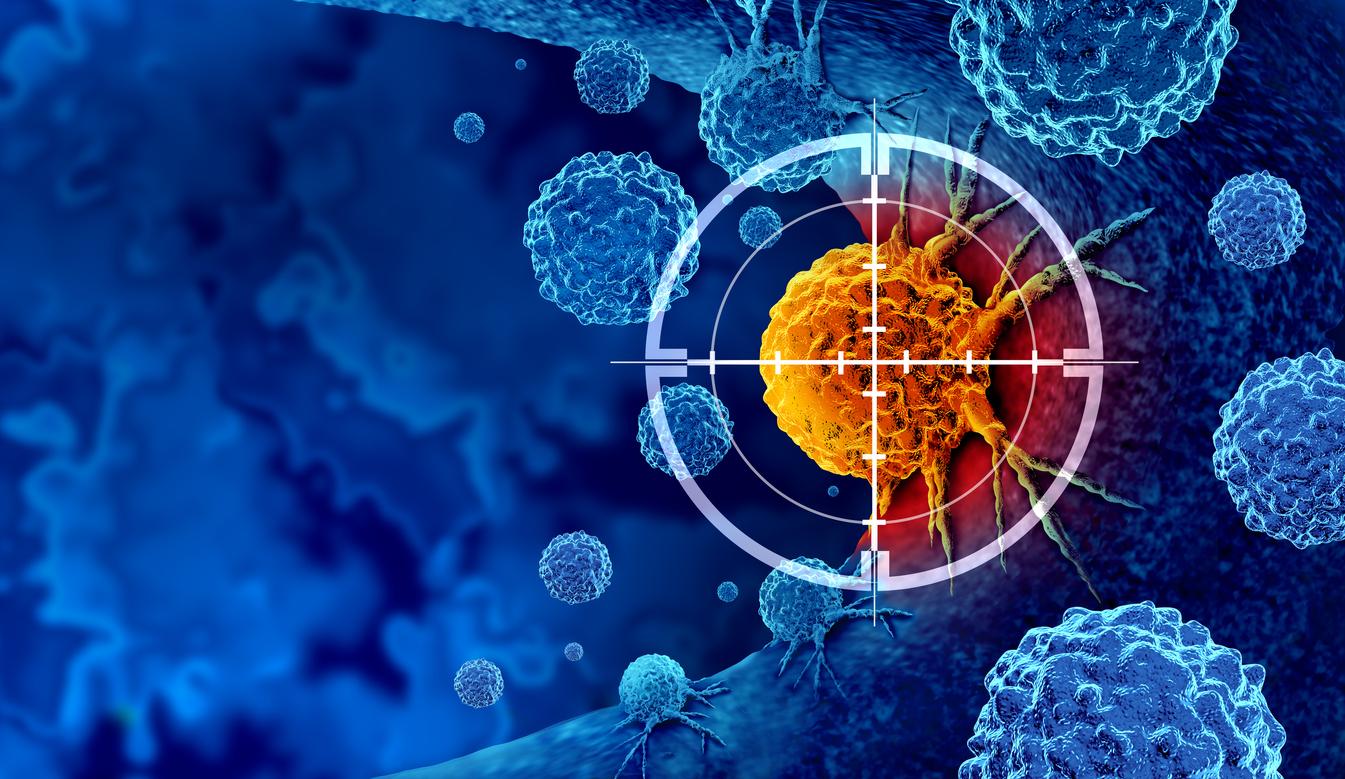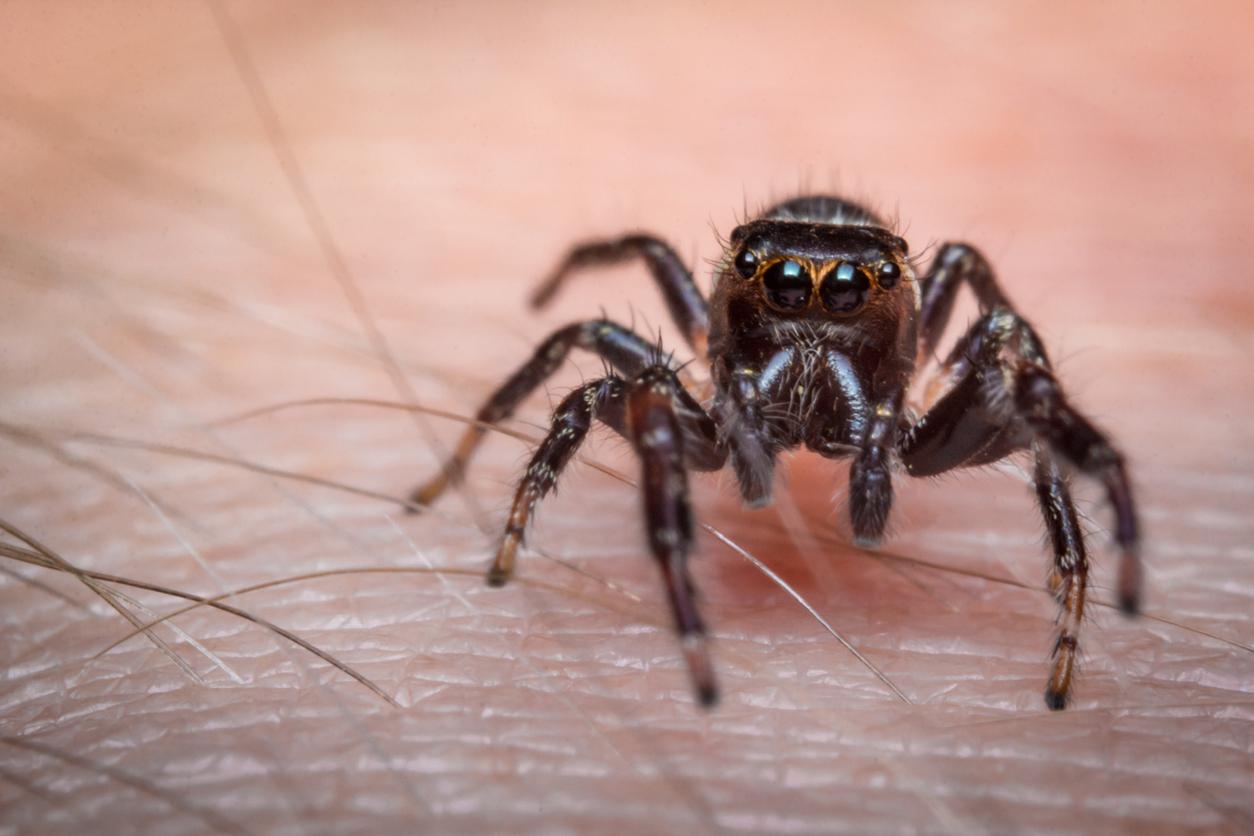In the search for a safer antivenom treatment for humans, researchers have been able to develop human antibodies in the laboratory that can eliminate the spider’s toxin.

- Bites from the European black widow can cause lactrodectism, a disease in which the spider’s venom, which contains a neurotoxin called alpha-latrotoxin, attacks the nervous system.
- While symptoms can be treated with horse-derived antibodies, researchers have created fully human antibodies that could make the treatment safer for humans.
- In total, 45 of the 75 antibodies developed were able to neutralize the neurotoxin in vitro. “A first step towards replacing horse sera,” according to the researchers.
Recently observed in the South-Westthere Latrodectus tredecimguttatus is a species of spider better known as the European black widow. Its bites can cause latrodectism, a disease in which the spider’s venom – more precisely a neurotoxin called alpha-latrotoxin – attacks the nervous system and causes intense pain, headaches, nausea and high blood pressure.
While the symptoms of lactrodectism can be effectively treated with horse-derived antibodies, a team of researchers has now developed fully human antibodies that could make the treatment safer for humans. Their work was published in the journal Frontiers in Immunology.
Human antibodies that neutralize black widow neurotoxin
“Many patients bitten by black widow spiders are not fully treated because the antivenom is made from horse-derived proteins that are foreign to the human body and can cause unwanted side effects.”such as serum sickness or allergic reactions, one can read in a communicated. Now, scientists have succeeded in creating, for the first time, in the laboratory, human antibodies capable of neutralizing the venom of the black widow in a cellular test, a “first step to replace horse serums”.
To do this, they used a technique in vitro called “phage exposure” which allows the study of interactions between proteins, peptides and DNA using bacteriophages. “This approach uses extremely diverse gene collections of more than ten billion different antibodies, detail the researchers. From this wide diversity of antibodies, we were able to select antibodies that can bind to the desired target, in this case alpha-latrotoxin.”
In total, 45 of the 75 antibodies developed were successful in eliminating in vitro neurotoxin, but it is a specific candidate, called MRU44-4-A1, that has shown the most promising results and could be the subject of a new therapeutic treatment.
Pending clinical trials of antibodies on humans
It should be noted, however, that only two of the antibodies in question have been shown to be effective against venom released by other varieties of black widow, such as the Latrodectus mactansfound in North America.
“To develop a potential treatment against all latrotoxins, and not just that of the European black widow, we would need‘cross-reactive’ antibodies [c’est-à-dire spécifiques à plusieurs antigènes] further improved”says biologist Michael Hust, lead author of the study. He adds that further research is needed to assess the effectiveness of the antibodies before clinical trials in humans can begin.

















